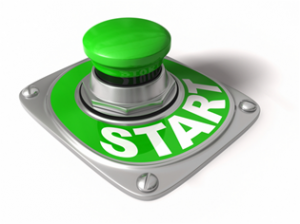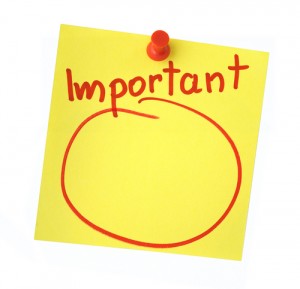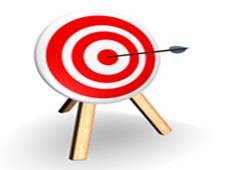 When you’re paying off debt, the first and most obvious step is work out how much you owe.
When you’re paying off debt, the first and most obvious step is work out how much you owe.
Put it all down on a piece of paper or open up up a spreadsheet in Excel or Google Sheets. You need to know where you stand, and also draw a line in sand and say to yourself: No More Debt. Otherwise you won’t make any traction as you pay down your existing debt. If your debt is increasing each month, getting to a stable position should be your first priority. Cut back your lifestyle as much as you can, and look for ways to increase your income. Getting these two variables in balance will stop your debt from getting any bigger.
That’s the first step.
If you can’t get to this first step, you might need some more serious intervention. Details of which can be found on the Government’s website.
Next you need to get to the business of paying down your debt.
Consider Consolidation
If the interest rates on your loans are high and you have lots of different debts, it might be helpful to consolidate them into a single loan with one manageable monthly repayment from a bank or a company like Everyday Loans. This can make the loans more affordable in the short term but over the long term it could cost you more interest as the debt repayment period is often longer. However, if you promise yourself you are getting rid of this debt for good, consolidation can be really helpful in ensuring you can afford the monthly repayments and therefore will help to stop you from defaulting on your debt payments and might help you afford other important payments like rent and utilities.
 Make a Plan
Make a Plan
Whether or not you have consolidated your loans or not, next up is the work of developing a plan to pay down your debts. Always ensure you are paying minimum payments on all your debts first of all. Then focus on one particular debt and start paying it off.
Some loan providers don’t allow you to make extra payments on your debt. If this is the case then put some money aside each month into a savings account specifically for debt repayment.
Once the account has built up to the level of one of your debts you can call the loan provider and ask what the total amount needed to pay off the debt in full. There may be some extra fees like one of two month’s interest, but it is worth it. Once that debt is paid off, you will have increased how much you have in your pocket each month as you are no longer paying the minimum payment and interest. Now that one loan is paid off, start paying extra (or saving extra) to pay off the next debt until you’ve tackled them all!
Work out the best order for you
 The order that you pay off your debts is up to you.
The order that you pay off your debts is up to you.
Mathematically it’s cheapest to pay off the debt with the highest interest rate first, but this can be hard psychologically if the balance is very high – you could be paying off the loan for months and not feel any progress. That’s why some advisers recommend paying off debt based on the size of the debt, smallest to largest. It might cost more overall, but you get a feeling of progress quicker as little debts are paid off.
You could also pay off the debts in a different order depending on how much you hate the debt. Maybe you want to pay off a debt to your parents first, even if it has no interest.
I’ve written a more in-depth article about how to pay off debt and the order to pay off your loans here.
In the end, the order doesn’t matter – do what works for you – the important thing is you are taking charge and improving your situation for the better!
Good luck!
You must log in to post a comment.